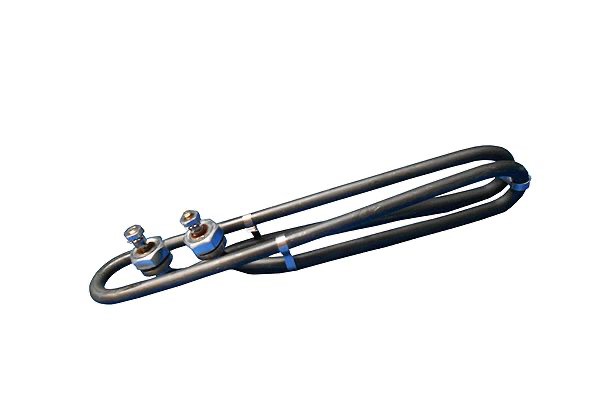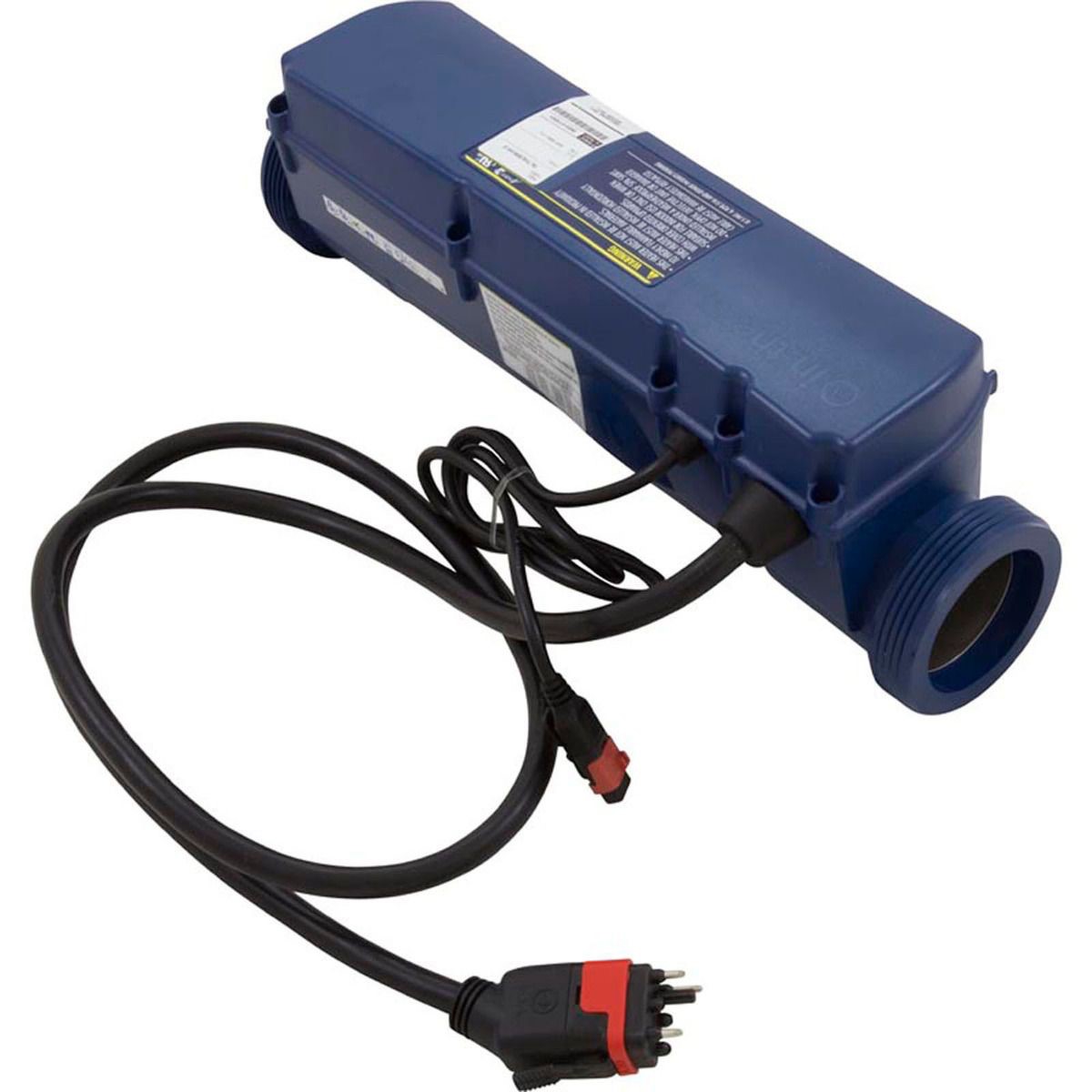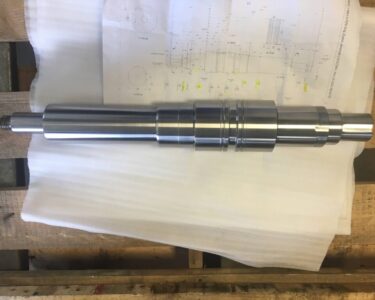A spa heater is an essential component of any hot tub or spa, providing the warmth and relaxation we crave. However, with so many different types and brands available, selecting the right spa heater can be overwhelming. This comprehensive guide will help you understand the key factors to consider when making your decision.
Understanding The Different Types of Spa Heaters
There are three primary types of spa heaters: electric, gas, and hybrid. But what makes one superior to the other? Let’s find out.
Electric Heaters
- Pros: Quiet operation, easy installation, and lower upfront costs.
- Cons: Can be less energy-efficient, especially for larger spas.
- Ideal for Indoor or small outdoor spas.
Gas Heaters
- Pros: Highly efficient, can heat larger spas quickly, and often have lower operating costs.
- Cons: Require a gas line connection, can be noisy, and may have higher upfront costs.
- Ideal for: Large outdoor spas.
Hybrid Heaters
- Pros: Offer the best of both worlds, combining the efficiency of gas heating with the convenience of electric.
- Cons: Can be more expensive to purchase and install.
- Ideal for Spas with varying usage patterns or those looking for maximum flexibility.
Factors to Consider When Choosing a Spa Heater
When selecting a spa heater, several factors should be taken into account:
Spa Size
The size of your spa will determine the required heating capacity. Look for a heater with a BTU rating that matches or exceeds your spa’s volume.
Budget
Consider both the upfront cost of the heater and the ongoing energy costs. Electric heaters typically have lower upfront costs, while gas heaters may have lower operating costs.
Energy Efficiency
Look for heaters with Energy Star ratings or certifications. Insulating your spa and using a high-quality cover can also help improve energy efficiency.
Installation and Maintenance of a Spa Heater

The decision to install your spa heater elements yourself or hire a professional depends on your skills and comfort level. If you’re unsure, it’s best to consult with a professional. Ensure that the installation complies with local codes and regulations.
Note that proper maintenance is essential for the longevity and performance of your spa heater. Regularly clean filters, drain and refill the spa, inspect components, and winterize the spa when not in use.
Choosing the Right Heater for Your Needs
The size of your spa is a crucial factor when selecting a heater. Larger spas require more powerful heaters with higher BTU ratings to maintain optimal temperatures. Consider the frequency of your spa usage and the number of people who will be using it regularly. This will help you determine the appropriate heating capacity needed to meet your needs.
In addition, the insulation of your spa as well as the quality of your spa cover can influence energy consumption. A well-insulated spa with a tight-fitting cover can help reduce heat loss, resulting in lower energy costs.
By understanding the different types of heaters and their pros and cons, you can make an informed decision and enjoy the benefits of a warm and relaxing spa experience.




